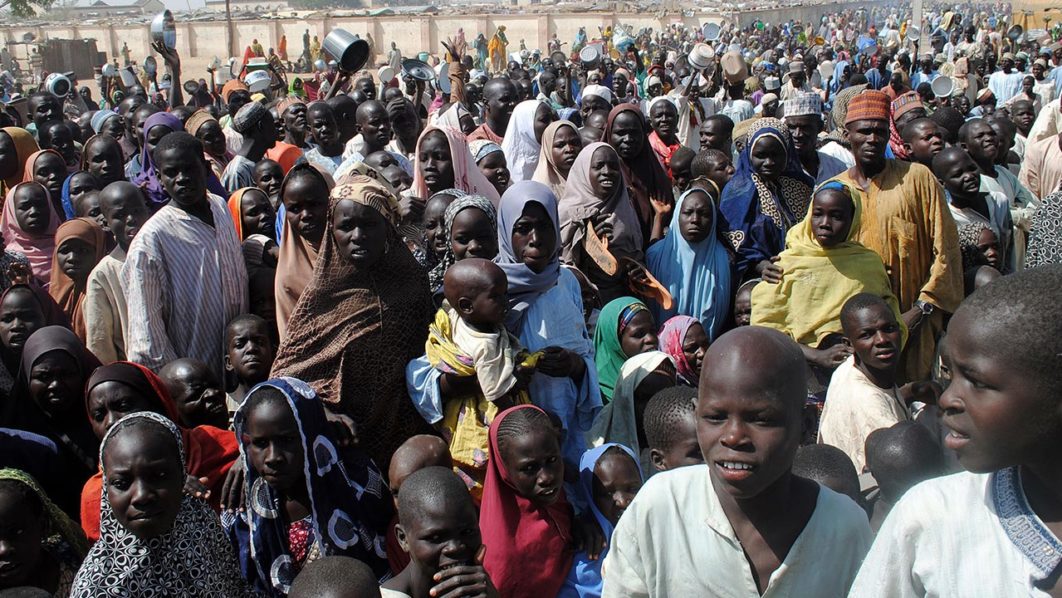
At a time of unprecedented humanitarian needs, Coronavirus Disease (COVID-19) and climate shocks, the Nigeria Humanitarian Fund (NHF) is allocating $23.8 million to 75 eligible humanitarian partners.
The allocation will assist partners, such as non-governmental organisations, to address critical humanitarian needs and ensure that essential assistance reached people affected by conflict, food insecurity, bad weather and disease outbreaks in North East Nigeria.
The Head of Office, United Nations Office for the Coordination of Humanitarian Affairs (OCHA) Nigeria, Trond Jensen, said: “It is my sincere hope that this next round of funding allocated to partners will support remote education activities, reduce protection risks, improve shelters and ensure food assistance is provided to communities.”
Forty per cent of the fund for each sector will be allocated to the humanitarian response in Adamawa and Yobe, and 60 per cent to response in Borno, the epicentre of protracted conflict.
According to the 2021 Humanitarian Needs Overview, the humanitarian crisis in Borno, Adamawa and Yobe (BAY) states is one of the most severe in the region, if not globally.
The ongoing conflict has caused millions of people to flee their homes, and by extension, farmlands, business and support networks. This has left them vulnerable and destitute, ending up in formal or informal Internally-Displaced Persons (IDP) camps and host communities.
Over two million people are still internally-displaced in the BAY states. Many of them have sought refuge in communities that are equally vulnerable.
Among the most vulnerable are women, who are often exposed to protection risks, including sexual and Gender-Based Violence (GBV) or other violations. Also, women often have less access to basic services.
As part of a broader humanitarian localisation efforts, national partners eligible to apply for funding increased by more than 130 per cent in 2020, and 19 per cent of all 2020 funding was allocated to national NGOs. The aim is to expand localisation, as this is often the only source of funding for local partners. To ensure active involvement of local humanitarian actors, the NHF in 2021 piloted the first-ever consortium allocation of $4 million to deliver integrated education, nutrition and protection services to vulnerable and crisis-affected children and adolescents.
“This is NHF’s largest allocation to date and is a real boost for localisation. We believe in local solutions to local problems – and our humanitarian partners are ready to respond to issues such as camp management and shelter; water, sanitation, and hygiene; health, protection, nutrition, coordination, and common services; and food security,” said Edward Kallon, United Nations Resident and Humanitarian Coordinator for Nigeria.



